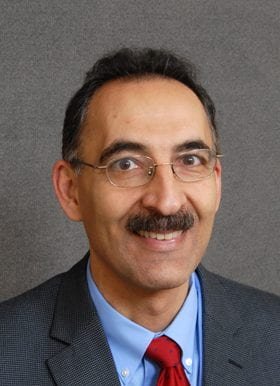Project: A Discovery Platform to Understand the Role of Pathological Adipose Tissue in Lipedema
Dr. Kelsey H. Collins
Dr. Farshid Guilak
Principal Investigator: Kelsey H. Collins, PhD
UCSF Department of Orthopedic Surgery
UCSF Laboratory for Musculoskeletal Crosstalk - Basic Science
San Francisco, CA
Department of Orthopaedic, School of Medicine
Washington University in St. Louis
St. Louis, MO
Co-Principal Investigator: Farshid Guilak, PhD
Department of Orthopaedic, School of Medicine
Washington University in St. Louis
St. Louis, MO
Summary
The goal of this Collaborative Award is to develop a flexible platform to disentangle the role of pathological adipocytes in the onset and progression of Lipedema.
Background
Lipedema is a poorly understood chronic condition involving painful adipose tissue and functional limitations. There is a need for discovery platforms to determine and validate druggable disease-relevant targets and generate new diagnostic criteria for this disease. The advent of new tools and multi-omic methods to assess cells and tissues allows for the disentanglement of contributing factors like adipose morphology lymphatic drainage and pain– which could be the key to delineating mechanisms in Lipedema.
Methodology
We have developed methods to evaluate the specific effect of adipose tissue and downstream signaling, and will apply these approaches to develop a discovery platform for Lipedema. In this proposal, we will apply state-of-the art technology to characterize the landscape of waste lipoaspirate from female patients with and without Lipedema. We will then use this information to design a cell line that can be scaled to meet the demands of large numbers of cells to generate engineered adipose as a screening tool for Lipedema.
Expected outcomes
We will apply this engineered adipose tissue to determine the downstream manifestations of pain, behavior, and loss of function in mice implanted with engineered Lipedema adipose tissue, which will lead to a better understanding of the role of pain, reported in Lipedema patients.
Practical implementations of results
This approach represents a translational bioengineering strategy that can be readily altered to evaluate different targets as they are discovered, which addresses a key gap in the Lipedema research community.
Our Research Grantees by: Topic | Recent Projects | Past Projects
LF51_22



